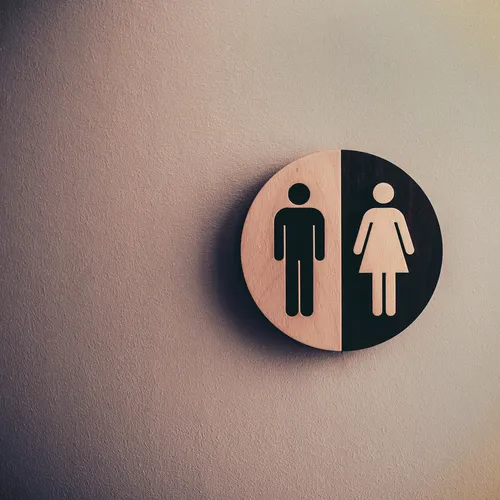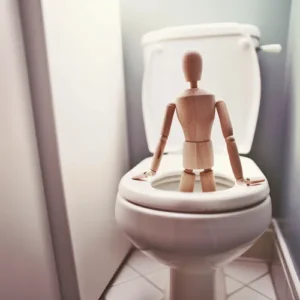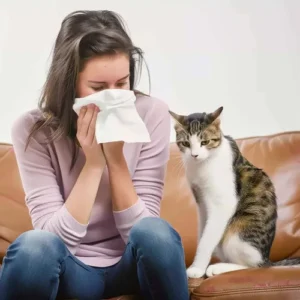Keeping Your Bladder Healthy As You Age: 10 Doctor-Recommended Tips
As we get older, our bodies go through many changes. One change that affects many people is an increased risk of bladder problems like incontinence and infections. While these issues may seem like just a normal part of aging, there are steps you can take to support bladder health as you get older.
In this post, we’ll discuss common bladder problems that affect older adults and explain why they become more likely with age. We’ll also share 10 tips from a doctor for keeping your bladder as healthy as possible.
Why Bladder Issues Increase As You Age
There are a few reasons why bladder problems tend to increase with age:
- Weakened muscles – The muscles in your pelvis can weaken as you get older. This makes stress incontinence more likely.
- Hormone changes – Menopause causes changes in hormones that can increase your risk of UTIs.
- Other health conditions – Older adults are more prone to conditions like an enlarged prostate gland that put pressure on the bladder.
- Incomplete bladder emptying – Some older adults can’t fully empty their bladder. This raises infection risk.
Understanding Common Bladder Problems
As we age, several bladder problems become more prevalent. Here is an overview of some of the most frequent bladder issues faced by older adults:
- Stress incontinence – This involves leaking pee when you laugh, cough or sneeze, or do other activities that might pressure your bladder. It’s caused by weakened pelvic floor muscles.
- Urge incontinence – This refers to a strong, sudden need to urinate followed by urine leakage. It often results from overactive bladder muscles.
- Overflow incontinence – This happens when your bladder doesn’t empty fully and leaks urine as a result. It can be caused by blockages or poor bladder muscle function.
- Nocturnal polyuria – With this condition, your body produces too much urine at night leading to interrupted sleep and nighttime urination.
- Cystitis – This urinary tract infection of the bladder causes painful, burning urination and increased urge to void.
- Interstitial cystitis – This chronic condition causes bladder pain, increased urinary frequency and pelvic discomfort. The cause is unknown.
Being aware of the signs and symptoms of common bladder problems can help you recognize issues early and seek treatment when needed.
10 Ways To Maintain A Healthy Bladder
Here are 10 tips from a urologist for keeping your bladder as healthy as possible as you age:
- Stay hydrated – Drink enough fluids daily. Too little fluid can cause UTIs. Too much can cause incontinence.
- Limit bladder irritants – Avoid too much caffeine, alcohol and carbonated drinks. They make you urinate more.
- Maintain a healthy weight – Excess weight strains the bladder and causes incontinence. Lose weight if needed.
- Do Pelvic Floor Exercises – Kegels can strengthen pelvic muscles and reduce incontinence. Ask your doctor or PT.
- Consider quitting smoking – Smoking heightens the risk of bladder conditions like incontinence.
- Prevent constipation – A healthy high-fibre diet prevents constipation and subsequent incontinence.
- Urinate when needed – Don’t delay urination. Holding urine raises infection risk.
- Wipe front to back – For females, this avoids spreading bacteria to the urethra opening.
- Urinate after sex – Peeing flushes bacteria from the urethra after sex, preventing UTIs.
- Avoid feminine hygiene products – Products like douches remove good bacteria and provoke infections.
When To See A Doctor About Bladder Issues
You can try lifestyle measures to reduce bladder problems. But make an appointment with your general practitioner to get properly assessed if issues persist.
See a doctor right away if you have blood in your urine, as this requires prompt investigation. UTIs usually improve within 48 hours, but also warrant a doctor visit if they don’t resolve or get worse.
People who are pregnant, immunocompromised, or have chronic medical conditions should receive immediate treatment for potential UTIs as well.
Don’t suffer in silence with bladder problems. Many are preventable or manageable with the right medical advice.
Conclusion
As we age, supporting our bladder health becomes increasingly important. By understanding common bladder problems, following doctor-recommended prevention tips, and seeking treatment when needed, we can keep our bladders as healthy as possible into our later years. While some bladder changes may be inevitable with aging, we don’t have to accept constant incontinence or infections. With proactive self-care and medical advice when warranted, we can continue enjoying healthy, active lifestyles as we grow older.
Photo by Tim Mossholder on Unsplash
Zoom Health is a leading UK supplier of Home Health Tests and Earplugs





